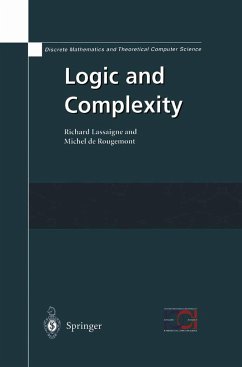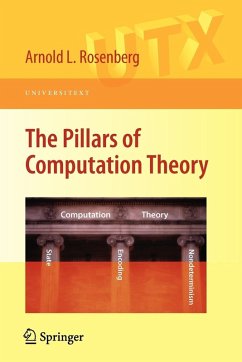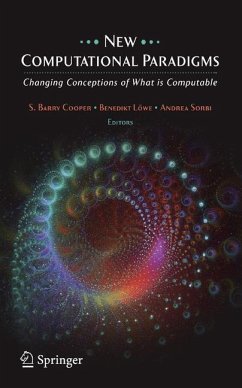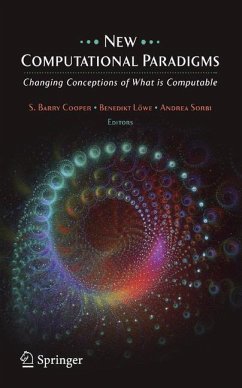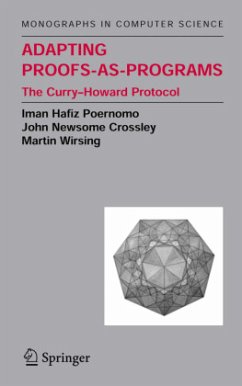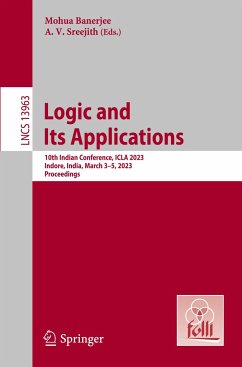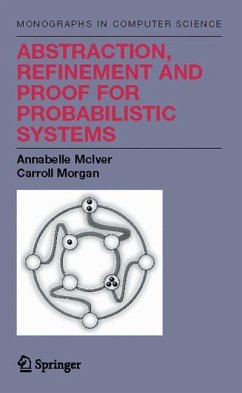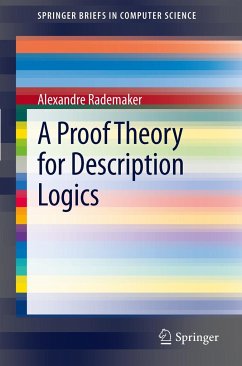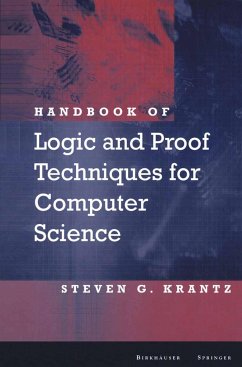
Handbook of Logic and Proof Techniques for Computer Science
Logic plays a central conceptual role in modern mathematics. However, mathematical logic has grown into one of the most recondite areas of mathematics. As a result, most of modern logic is inaccessible to all but the specialist. This new book is a resource that provides a quick introduction and review of the key topics in logic for the computer scientist, engineer, or mathematician. Handbook of Logic and Proof Techniques for Computer Science presents the elements of modern logic, including many current topics, to the reader having only basic mathematical literacy. Computer scientists will find...
Logic plays a central conceptual role in modern mathematics. However, mathematical logic has grown into one of the most recondite areas of mathematics. As a result, most of modern logic is inaccessible to all but the specialist. This new book is a resource that provides a quick introduction and review of the key topics in logic for the computer scientist, engineer, or mathematician. Handbook of Logic and Proof Techniques for Computer Science presents the elements of modern logic, including many current topics, to the reader having only basic mathematical literacy. Computer scientists will find specific examples and important ideas such as axiomatics, recursion theory, decidability, independence, completeness, consistency, model theory, and P/NP completeness. The book contains definitions, examples and discussion of all of the key ideas in basic logic, but also makes a special effort to cut through the mathematical formalism, difficult notation, and esoteric terminology that is typical of modern mathematical logic. T This handbook delivers cogent and self-contained introductions to critical advanced topics, including: Godel`s completeness and incompleteness theorems Methods of proof, cardinal and ordinal numbers, the continuum hypothesis, the axiom of choice, model theory, and number systems and their construction Extensive treatment of complexity theory and programming applications Applications to algorithms in Boolean algebra Discussion of set theory and applications of logic The book is an excellent resource for the working mathematical scientist. The graduate student or professional in computer science and engineering or the systems scientist who needs to have a quick sketch of a key idea from logic will find it here in this self-contained, accessible, and easy-to-use reference.







